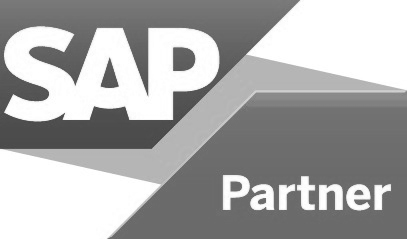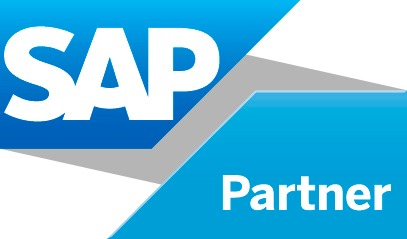There are two types of Tax, namely Direct and Indirect where entire legal regulations and any mandatory changes create a high impact. Hence, the technology should be made quickly available and adapt to this situation for providing viable tax solutions.
Here, we will discuss how SAP S/4HANA is addressing and creating the required solutions for direct and indirect tax.
Indirect tax For this, SAP is already offering country-specific tax procedures and reports to make it even more standardized worldwide to tackle the emerging indirect tax requirements.
These are part of Global Tax Management solutions which supports tax determination calculation, reporting, and compliance.
SAP Tax compliance – This application is part of SAP Assurance and Compliance for SAP S/4HANA, and its add-on to SAP S/4HANA. Know more about SAP Support Services in UAE Uses:
- To automate and manage various tax compliance checks
- To find and permit the tax compliance issues
- To increase the quality of tax data and
- To reduce non-compliance risks, etc.
SAP Document and Reporting Compliance – This is a combined package consisting of Advanced Compliance Reporting and Document Compliance into one product. It is used to work on all kinds of mandates from real-time e-business documents to reports and enables organizations to address a new number of transaction controls.
It helps organizations automate repetitive tasks, improves efficiency, and standardizes operations worldwide. It helps to fulfill the advanced emerging digital trends.
This is the unique and sole solution for the fulfillment of real-time and statutory reporting needs including the processing of transaction controls, online requirements, etc.
Know more about What is included in SAP Enterprise Support?
Electronic document processing – Every country has different requirements where technology progression and digitization of companies with the need of legal needs and submission of e-documents to the tax authorities have also increased towards continuous transaction controls.
Depending on the country, there are different deployment models:
- PaaS (Platform as a service) Solutions – based on the customer-owned SAP Integration Suite; designed to cover e-invoicing and real-time reporting requirements in multiple countries.
- SaaS Solutions – based on public cloud service that can send and receive compliant invoices based on external standards.
Direct tax
Tax accounting solutions before SAP S/4HANA were supported by a normal ledger or a special ledger. There weren’t any localized tax solutions as it is for a statutory accounting system. Hence, additionally, automation opportunities are made available in SAP S/4HANA. In SAP S/4HANA Best Practices, you will still find three main ledgers/ accounting principles named Group, Local, and Tax. There is an extension ledger that can also be an option to be gauged for Tax. This option is suited where tax needs are just some variations from the statutory accounting principle. Corporate Income Tax Framework – This enables the automated classification of tax expenses, centralized review with continuous drill-down to the transactions, and manual handling of exceptions, all in the system of record.
Conclusion
SEAL Infotech being an SAP Certified Gold Partner offers customized SAP S/4HANA services and support to organizations.
If you want to actively engage and implement SAP products in your organization, call us immediately at the below contacts. Get more information about SEAL Infotech’s SAP S/4HANA Services either by calling us at +971-4-3670377 or by mail to info@sealinfotech.ae.






































































































































































